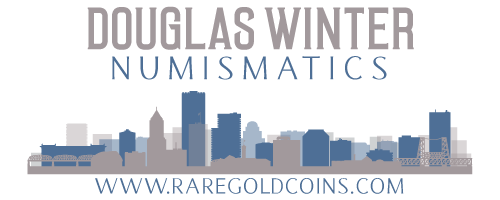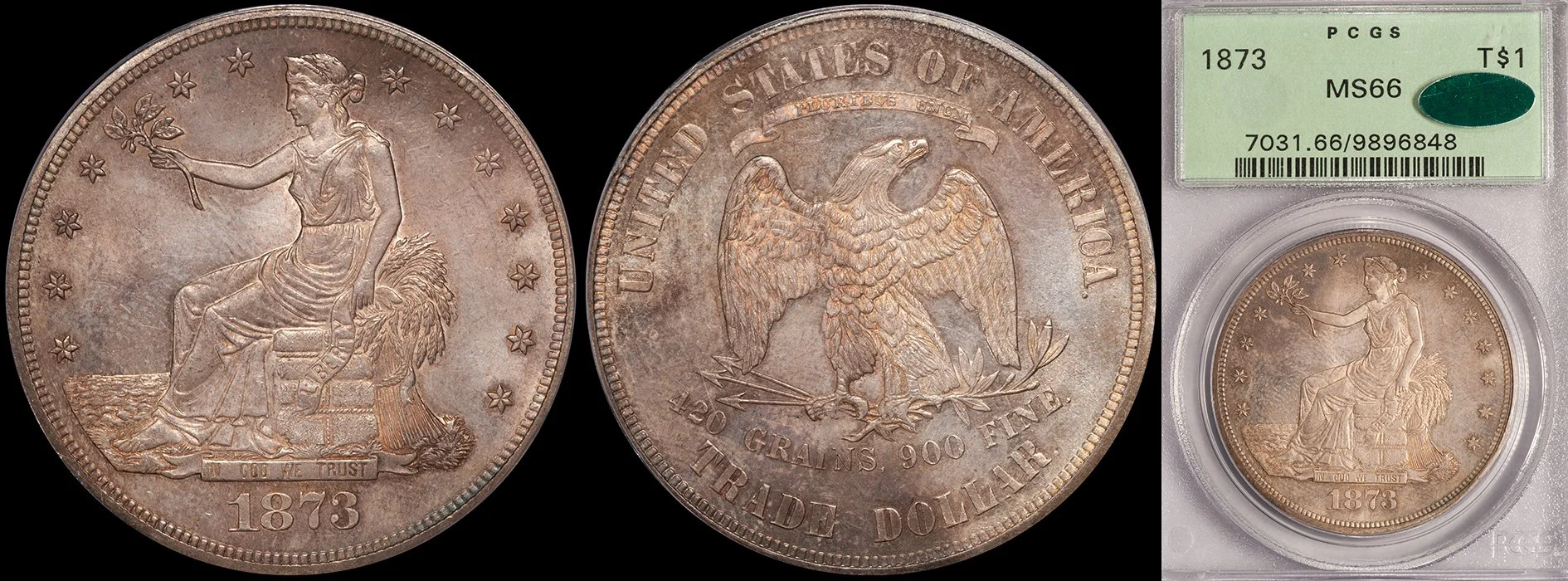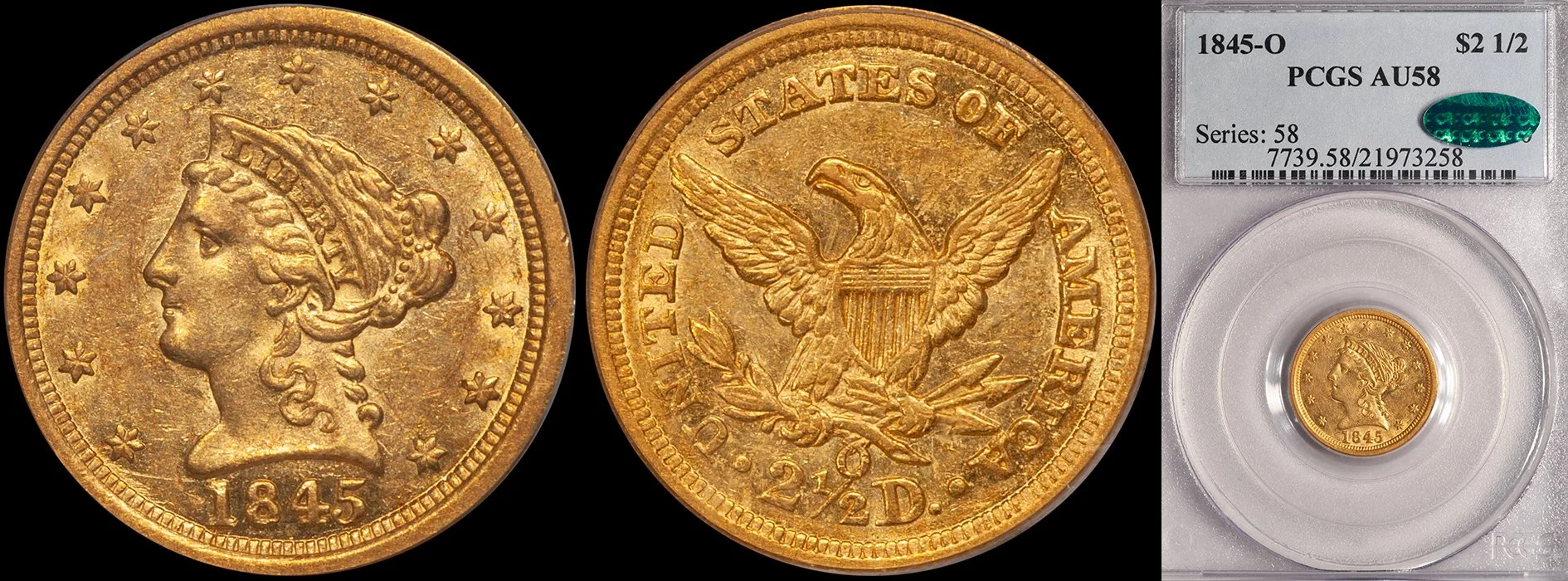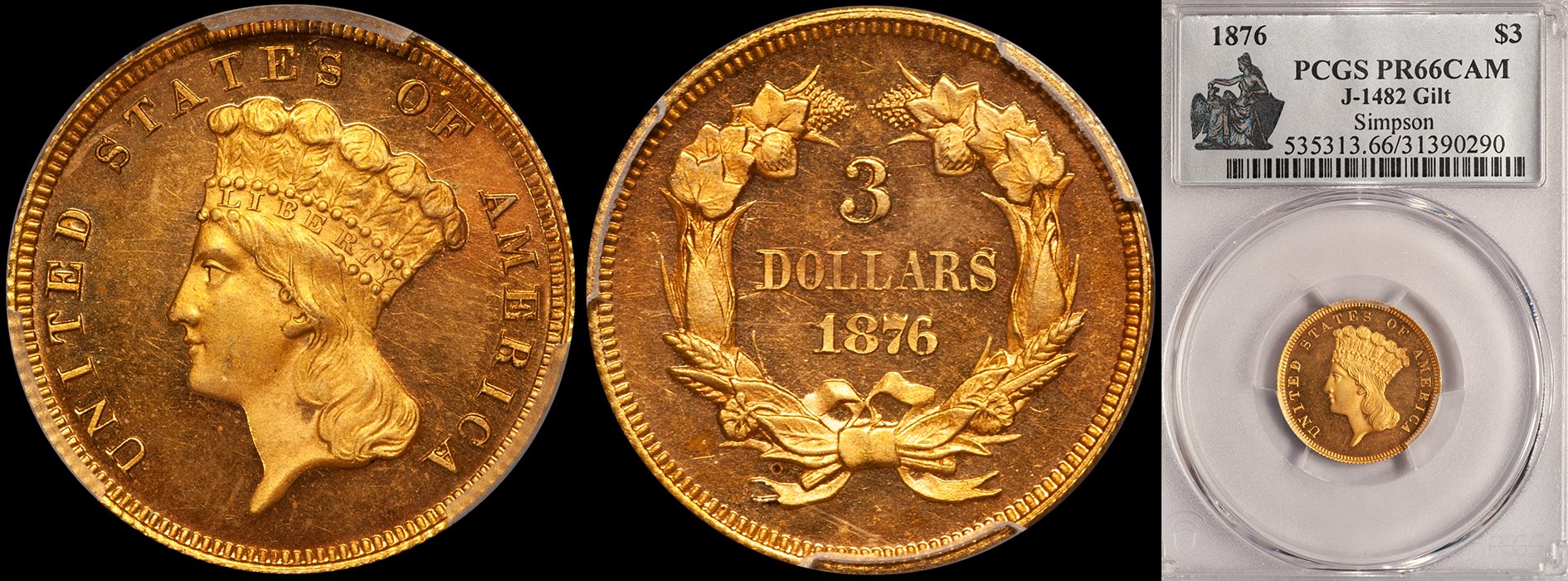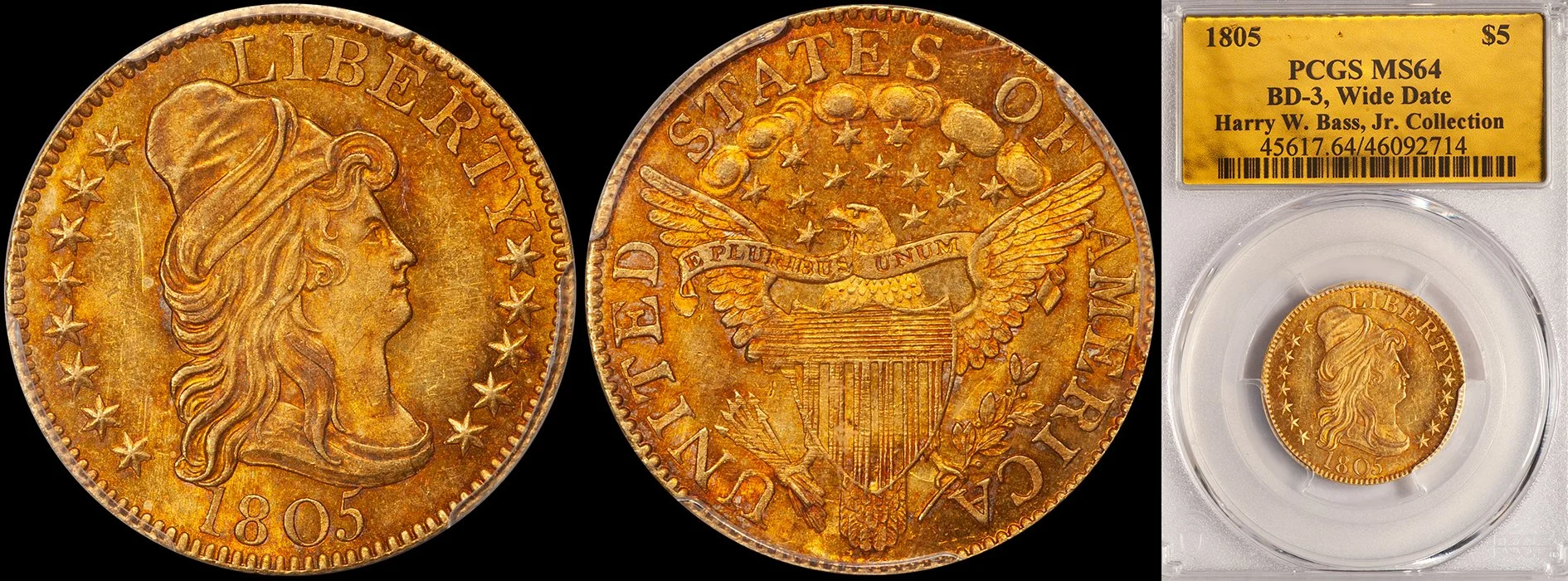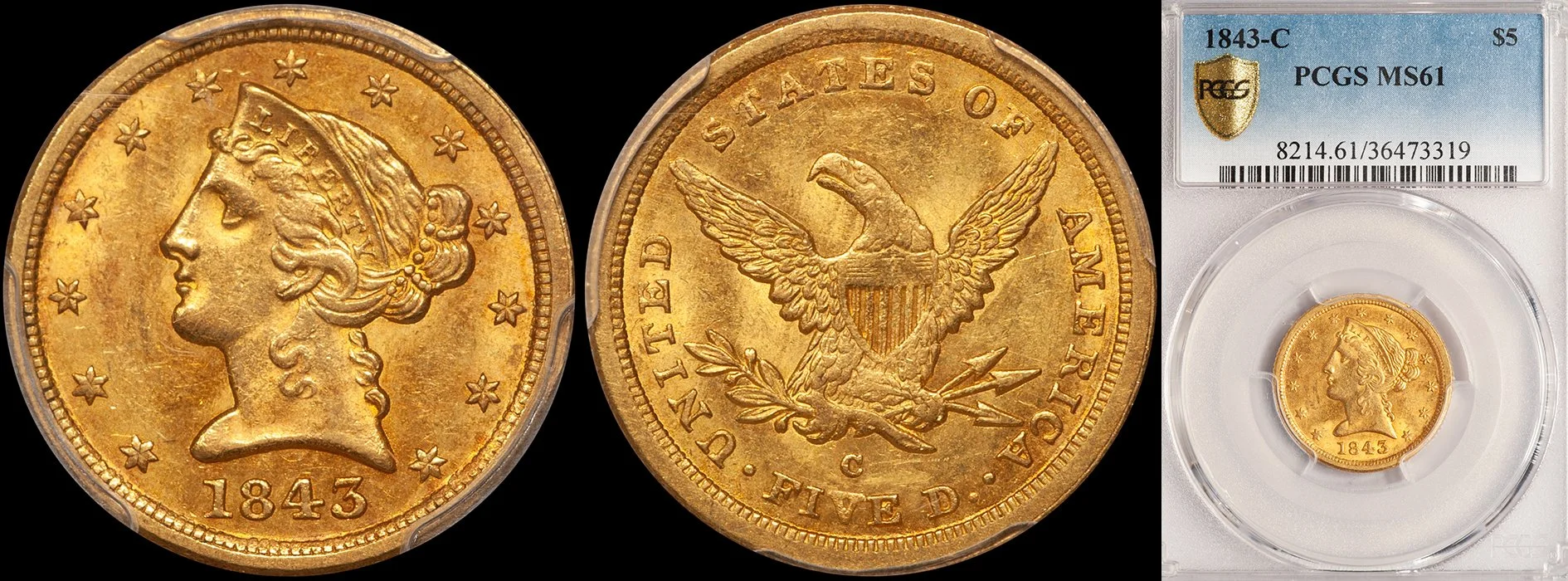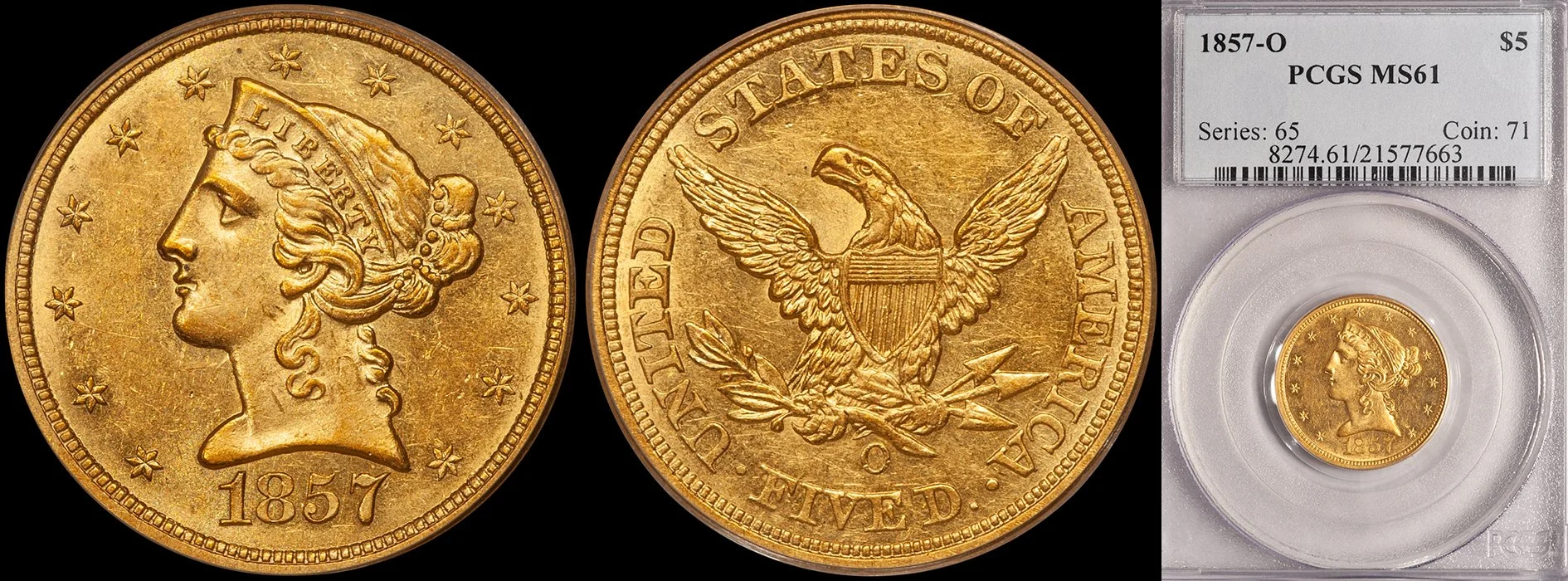Ten Ways To Improve Your Coin Collection
/No one intentionally sets out to create a mediocre coin collection. But many collectors--new and old--make a number of basic mistakes that trap them into a cycle of mediocrity. Here are some suggestions that will make your collection better--and make you a better collector in the process.
-
Have Your Collection Assessed by an Impartial Expert
Upgrade Your Key Coins
Take Advantage of Down Markets When Buying
Do Whatever it Takes to Become an Expert
Have Your Coins Regraded
Learn to be Patient
Develop a "Hook" for Your Collection
Form a "Fun" Collection
Share Your Collection With Others
Improve Your Numismatic Library
1. Have Your Collection Assessed by an Impartial Expert
Although the dealer you buy coins from may be an expert, he is not impartial. I strongly suggest that after you've begun a set, find a knowledgeable, legitimate expert who can look at your coins and give you an objective second opinion. When he views your coins, don't tell him who you bought them from. Instead, get an opinion as to the coin's quality, fair market value, eye appeal and its suitability in your set.
2. Upgrade Your Key Coins
In any set, the rarest coins should be the highest quality ones. For example, the rarest Dahlonega half eagles are the 1842-D Large Date and the 1861-D while the most common are the 1853-D and the 1854-D. An intelligent collection of Dahlonega half eagles would have very high quality examples of the two rarest issues and decent but unspectacular examples of the two most common ones. Rare coins are always better price performers than common ones and your big dollar purchases should always be choice examples of truly rare coins; not common coins in high grade.
3. Take Advantage of Down Markets When Buying
When the market is soft, you should buy coins; not when prices are increasing sharply. The old cliche "buy low, sell high" is particularly applicable to the rare coin market. There is a proven history of coin price cycles and if you learn how to time your purchases properly, you can buy nice coins at 20-50% discounts off of past market highs. Surprisingly, this generally applies to truly rare coins as well as common issues.
4. Do Whatever It Takes To Become An Expert
The more you learn about the coins you collect, the better your collection will be. Attend coin shows and significant auctions. Read as much as you can. Go to a class at the American Numismatic Association's Summer Conference. There are many experts in the coin business who would be happy to share information with you. It is up to the collector to find these people and take advantage of their generosity.
5. Have Your Coins Regraded
Grading is subjective and standards change. If you purchased nice quality coins in the early to mid-1990's, there is an excellent chance that they will upgrade. Have a dealer you trust examine your coins and give you a second opinion as to their current grade. You might have a considerable amount of added value sitting in your safety deposit box.
As an example, in the past year, I have worked with three different collectors who I sold a number of very high quality coins to between 1992 and 1996. I had close to a 50% success rate in upgrading their coins and added at least $100,000 in value to each set through a few thousand dollars worth of resubmissions to PCGS and NGC.
6. Learn To Be Patient
Truly great collections, like those formed by Louis Eliasberg, Sr. or John J. Pittman were formed over the course of fifty years. When you rush to assemble a collection, the chances are great that you will make mistakes. If you are putting together a date set or a type set, buy the right coin the first time so you don't have to continually upgrade. If you like coins with a certain "look," wait for the right coin to come along. With very few exceptions, the right coin will become available sooner or later. But when that truly special piece does become available, don't be bashful. Collectors like Eliasberg and Pittman paid what were then considered to be "insane" prices for extraordinary coins. When these coins were sold many years later, they once again brought crazy prices--but this time in modern dollars.
7. Develop a "Hook" For Your Collection
A popular song becomes a hit because it has a "hook." A hook is an especially catchy melody that literally "hooks" the listener and makes him remember the song. Great coin collections have hooks as well. A numismatic hook might be coins with great color or a detailed, specialized assemblage or coins from a certain era. When you go to sell your collection, a random group of average quality coins will create no interest. A collection that has a great hook will create much more interest and sell for a hefty premium over a mundane assemblage.
8. Form a "Fun" Collection
If you are buying expensive, high end coins, you have to make some stressful decisions. One way to reduce this stress level is to put together a cheap, "fun" set. As an example, one of my biggest clients (who regularly purchases $25,000+ coins) has a secondary collection of Civil War tokens. He's never spent more than $500 on a token but has put together a really great and interesting set. I take the edge off buying and selling expensive U.S. gold coins by purchasing superbly toned high grade Washington Quarters. A fun collection is especially useful when your primary collection is nearly complete and many months--if not years--may go by between opportunities to fill those last few holes.
9. Share Your Collection With Others
A good friend of mine, who has a superb collection of Minnesota national bank notes, recently exhibited his collection at a major coin convention. It was the first time I'd ever seen him really have fun with his notes and I think it was a wonderful ego boost for him to bask in the glow his collection received. Another friend of mine, who specializes in Proof bust coinage, is busy compiling interesting information about these under-researched pieces and hopes to write the ultimate guide to them. The Scrooge McDucks of the coin collecting world have no fun and they are missing out on the best aspect of collecting: the fraternization.
10. Improve Your Numismatic Library
There is no substitute for knowledge in numismatics. You should make a goal to add at least one book or catalog to your coin library every month. Become a regular customer of numismatic literature dealers and ask them which books and catalogs are essential to your library. After you've purchased the essentials, buy the slightly less important books. Later, buy the esoteric books. Read as many of them as you can. I regard myself as a pretty knowledgeable numismatist but I am continually learning new information from old auction catalogs or obscure reference books.
